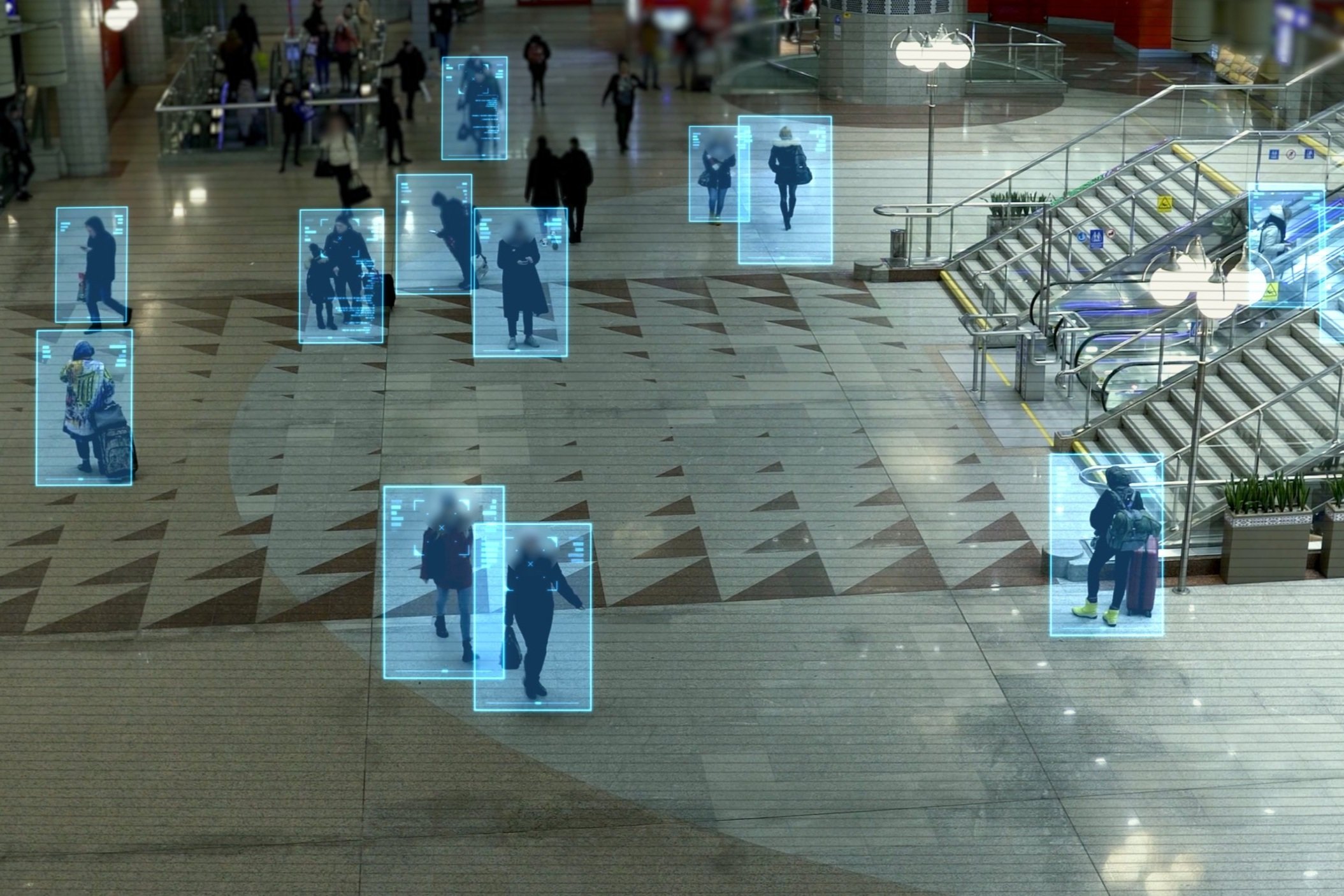Immersive experiences to explore public attitudes to facial recognition technology
Client
University of Melbourne, Science Gallery Melbourne
Timeframe
May 2018 - December 2020
Role
Lead Researcher
Engagement
10,000 interactions with art work, estimated global impact of 300 million people




Objective
To understand how people feel about the ethics of emerging technologies, particularly facial recognition, by analysing sensitive information derived from facial images in everyday settings.
Methodology
In today's world, facial recognition technology is everywhere, from unlocking our phones to tagging friends on social media. But how often do we stop to think about the ethical implications of these systems?
Following troubling news reports about the immoral use of facial recognition systems in 2018, I kickstarted Biometric Mirror, a project at the University of Melbourne's Science Gallery Melbourne, to delve into public attitudes towards this technology.
I created Biometric Mirror, an interactive installation that combines the simple act of looking into a mirror with the complex assessments made by modern algorithms regarding personality traits and facial 'perfection'. This art piece examines the precision and flaws of artificial intelligence, the unsettling 'uncanny valley' of algorithmic ideals, and the potential dystopian outcomes. By sparking discussions about privacy and mass surveillance, we aimed to deepen our understanding of the ethical considerations surrounding AI.
Biometric Mirror invited public participation in debates about AI ethics. Participants have their faces photographed and then see a psychometric analysis revealing attributes like aggressiveness, weirdness, and emotional instability. Using one's personal characteristics, Biometric Mirror presents a personalised scenario that illustrates how algorithmic decisions may impact people, such as limiting one's freedom to move, access to the housing market, or employment opportunities. While they may sound dystopian, the scenarios are informed by actual, real-life use cases. The overall experience of Biometric Mirror prompts reflection on the ethical use of AI.
“Imagine a system that incorrectly identifies qualities someone doesn't have. They would be disadvantaged because they're at the mercy of AI, of technology.”
— Research participant
Outcome
Biometric Mirror serves both as a tool for engagement and a research prototype. Recognised as one of the University of Melbourne's most thought-provoking research projects, it has reached a global audience, including the general public, business leaders, and policymakers. The installation has been featured in international media outlets such as Al Jazeera, ABC's Four Corners, The Washington Times, BBC News, and the Sydney Morning Herald.
Through my collaboration with artist Lucy McRae, Biometric Mirror has been exhibited at venues like the National Gallery of Victoria, Design Museum Den Bosch, and Science Gallery Dublin.
With an estimated global audience of 300 million people, Biometric Mirror let vast numbers engage with an interactive AI demonstration. It has become and remained a timely conversation starter, engaging audiences regardless of their technical background in AI and related fields. Not only did it reveal the inherent flaws of facial recognition systems but, most importantly, it democratised the conversation about ethics.



